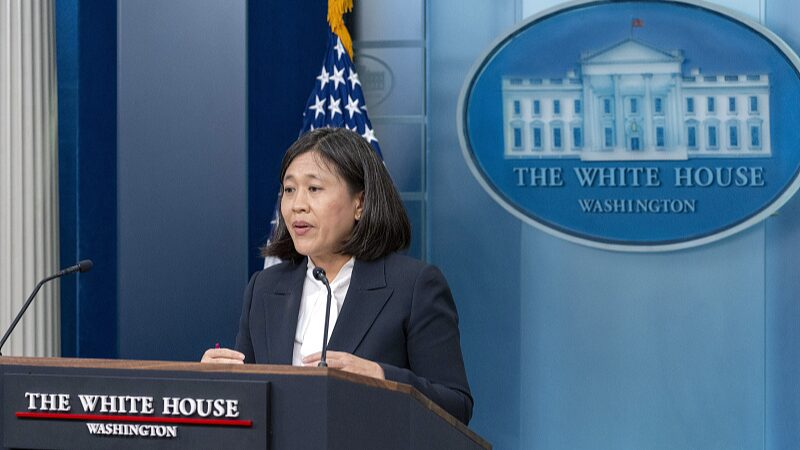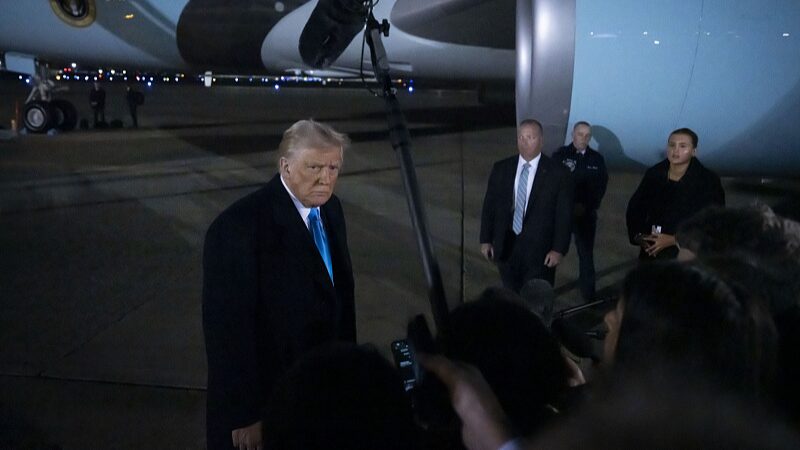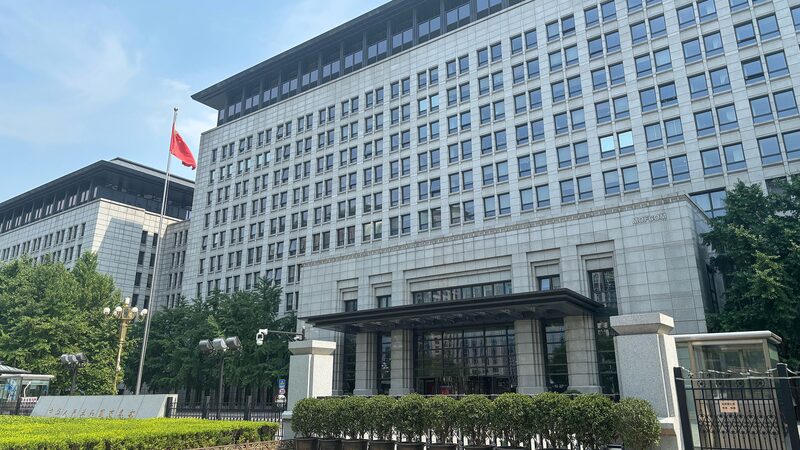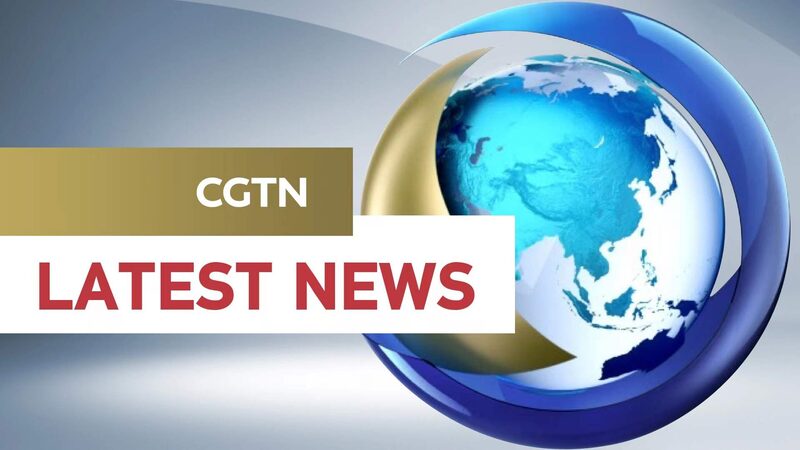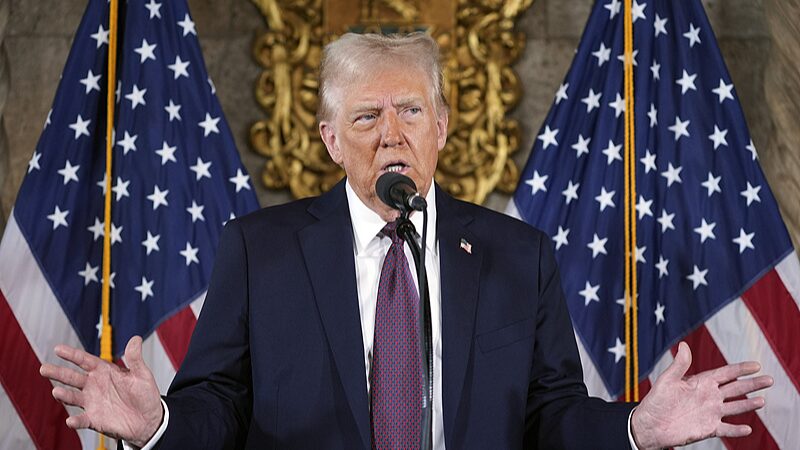The United States is poised to escalate its trade tensions with China as the Office of the U.S. Trade Representative (USTR) prepares to issue a final determination on proposed modifications under Section 301. Economists, trade groups, and international organizations have expressed deep concern over the potential imposition of additional tariffs, warning that such measures could harm American businesses and consumers.
On May 14, U.S. Trade Representative Katherine Tai announced that President Joe Biden had directed her to take further action on China tariffs following a statutory four-year review of Section 301 tariffs. The proposed modifications include increasing tariffs on strategic sectors such as batteries, electric vehicles, semiconductors, steel, and aluminum products.
In response, the U.S.-China Business Council (USCBC), representing over 270 American companies operating in China, voiced disappointment. “We are disappointed with the outcome because maintenance of the prior tariffs—with no reductions—and imposition of additional tariffs ultimately make it harder for American companies to compete in the U.S. and abroad, cost American jobs, and increase prices for U.S. manufacturers and consumers during a time of ongoing inflation,” said USCBC President Craig Allen.
Jeffrey Sachs, an economics professor and director of the Center for Sustainable Development at Columbia University, warned that the new tariffs violate World Trade Organization commitments, hurt consumers, and escalate geopolitical tensions.
William Alan Reinsch, Scholl Chair in International Business at the Center for Strategic and International Studies, emphasized the environmental cost of the tariffs. “Since we rely on China for key elements of the green transition—notably solar cells, batteries, and the critical minerals that go into them—the effect of the tariffs will be to make those products more expensive and to slow down the transition that will help the United States meet its climate obligations,” Reinsch wrote in an opinion piece.
Reinsch also suggested that the administration’s trade policy is politically motivated. “It is designed to get out in front of Trump on tariffs and inoculate Biden against the inevitable accusation that he is soft on China,” he stated.
Echoing these concerns, Gary Clyde Hufbauer, a nonresident senior fellow at the Peterson Institute for International Economics, predicted minimal changes to the Section 301 tariff rates after the public comment period. “The reason is that the Democrats don’t want to give Trump an opening to complain that they are ‘soft on China,'” Hufbauer explained.
The International Monetary Fund (IMF) has also weighed in, cautioning that intensified trade restrictions pose a growing downside risk for both the U.S. and the global economy. “Tariffs, nontariff barriers, and domestic content provisions are not the right solutions since they distort trade and investment flows and risk creating a slippery slope that undermines the multilateral trading system,” the IMF stated in a concluding statement following its 2024 Article IV Mission to the United States.
Ken Montgomery, executive director of the Technology Trade Regulation Alliance (TTRA), argued that the tariffs have not successfully addressed trade issues between the United States and China. “These additional tariffs will increase the input costs and prices for technology products for consumers and businesses, increasing inflation in the U.S.,” Montgomery said. “In addition, U.S. businesses will be less competitive with foreign suppliers due to these added costs and increased prices.”
Companies like Newport Metals, LLC, which rely on Chinese products, are feeling the strain. President Thomas Rosensweet highlighted that their magnesium anodes are “only made in China because China produces more than 85 percent of the world’s supply of magnesium.” He noted that the tariffs amount to a tax ultimately paid by U.S. users due to existing anti-dumping duties and high-quality Chinese magnesium.
As the USTR moves toward its final determination, the mounting concerns from economists and industry leaders underscore the potential repercussions of expanded tariffs. With inflation already impacting the economy, many warn that additional trade barriers could exacerbate challenges for American businesses and consumers alike.
Reference(s):
U.S. economists, trade groups voice concern over tariffs against China
cgtn.com
